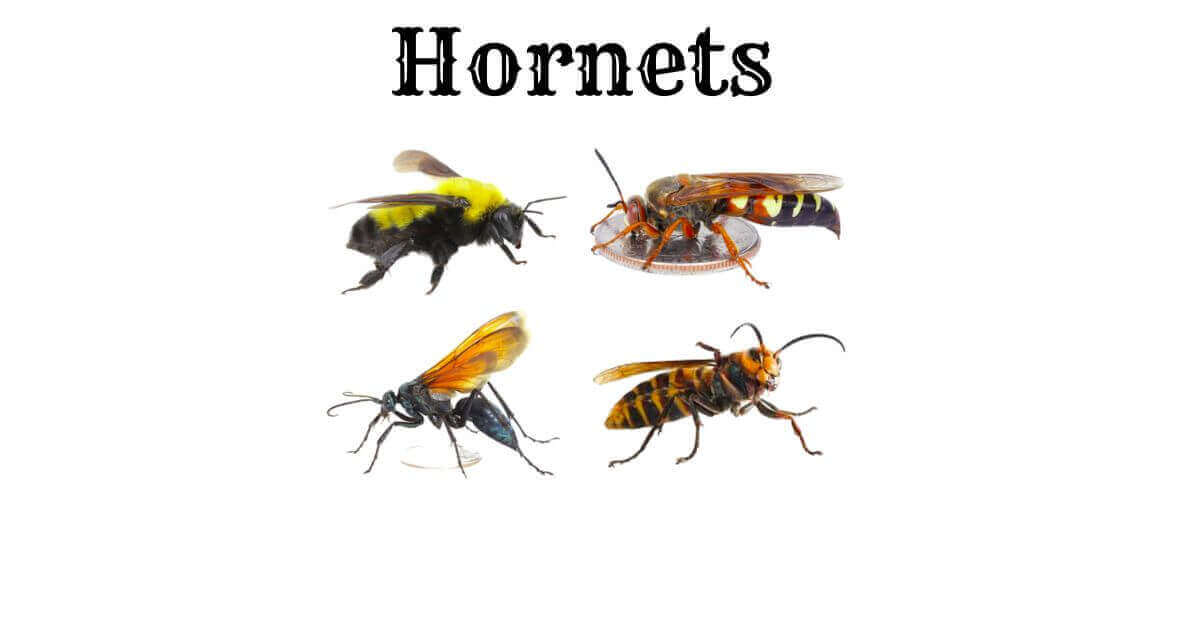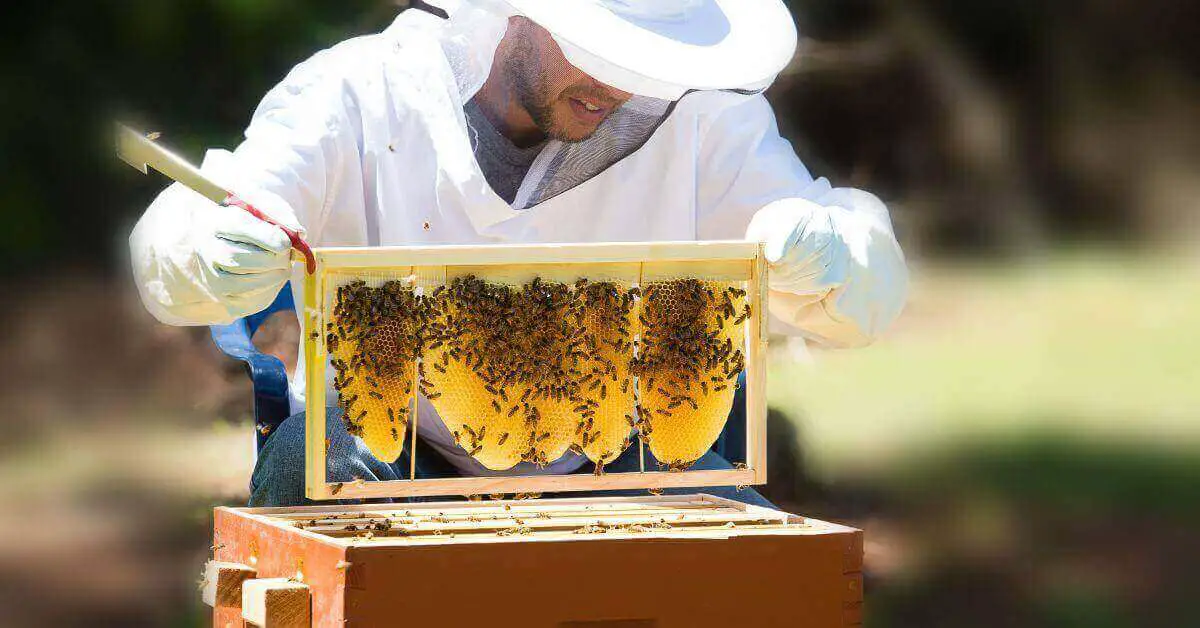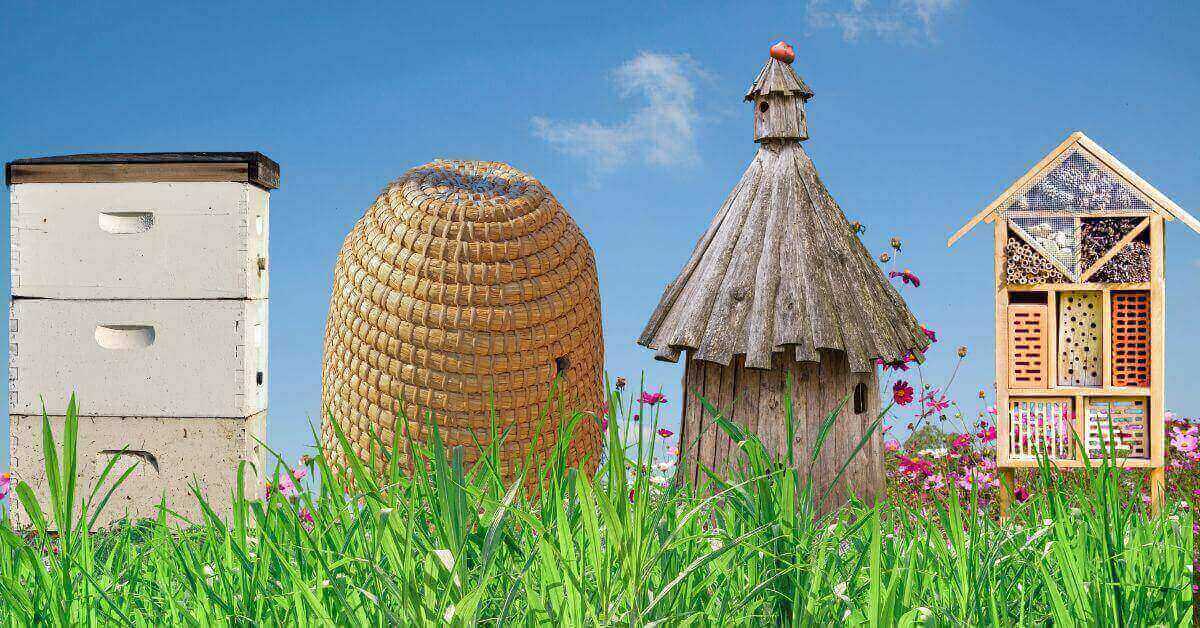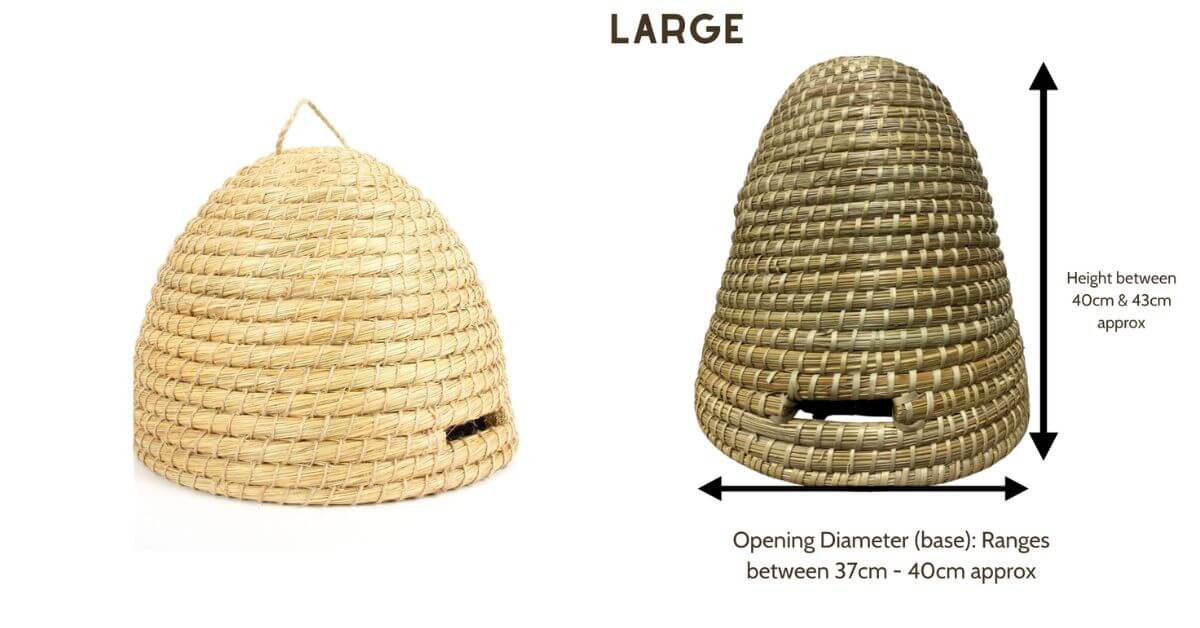No, All species Waps and hornets do not make honey. What are hornets? Hornets are wasps but look like yellow jacket bees which cannot make honey. His body size and color are the same as yellow jacket bees. Hornets are larger than all kinds of wasps. The maximum size of hornets is 6 cm. His body color is brown mixed with black. Hornets are the social wasps that are mostly found in Asian countries.
Do Hornets make Honey?
The answer is simple: No hornet is a wasp and cannot make honey. Hornet is a flying insect that likes to eat honey. Hornets eat pollen and nectar but cannot make honey. Honey bees produce honey by using their honey-making stomach. When bees collect nectar, it can be filtered into many processes, which are done by honey-making bees. Hornets do not have a honey-making stomach. This is the first reason hornets cannot make honey. Like all other bees and insects, hornets have the same life cycle. Start with egg into larva, pupa, and finally convert into an adult. Hornet’s worker bee life is 20 to 25 days, while a queen bee’s lifespan is 1 year longer for worker hornets.
Do Hornets sting?
Yes, hornets sting. Honey bees sting one time, but hornets sting multiple. Simple hornets and ground hornets are both stingy. Hornet’s sting is much more painful than a normal bee sting.
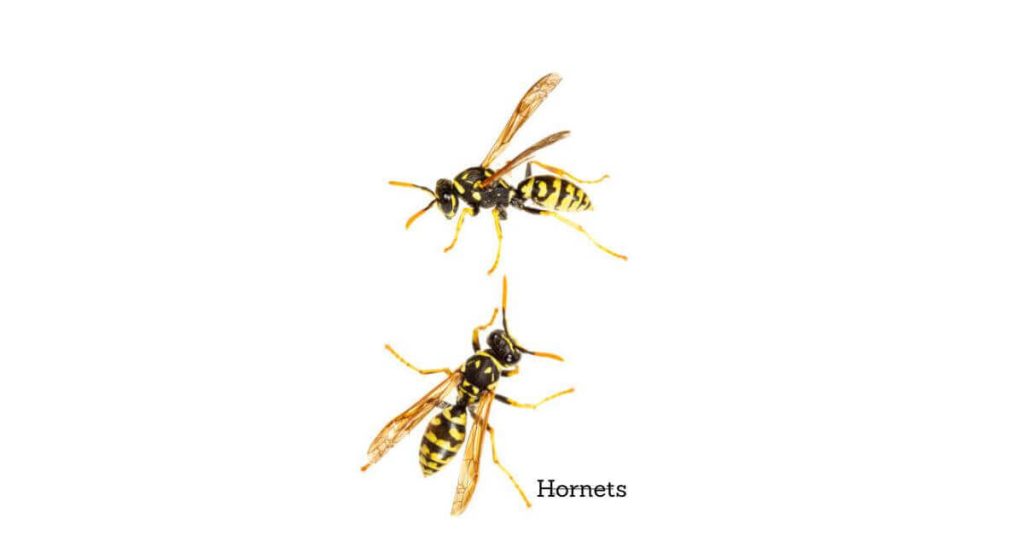
Difference between hornets and honey bee.
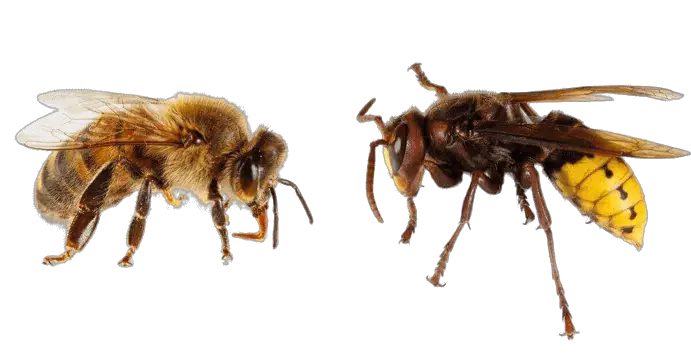
The first difference is that honey bees produce honey, but hornets cannot. Hornets are four times larger than honey bees. Honey bees live in artificial hives and groups, but hornets cannot live in hives and groups. Hornets can live in cold weather, but honey bees only survive in hot weather. The lifespan of both honey bees is 6 to 7 weeks, much shorter than the life of hornets. Honey bees create colonies, but hornets do not have any colonies. A colony of bees creates a queen bee. Honey bee queen and hornet queen both have long lifespans. The maximum lifespan of a queen bee is 1 year.
Comparison B/w Wasps & Honey Bee.
| Criteria | Wasp Honey | Bee Honey |
|---|---|---|
| Honey Production | Wasps produce honey in smaller quantities compared to bees. | Bees are prolific honey producers, creating larger and more organized hives. |
| Hive Structure | Wasps typically build smaller, less intricate nests. | Bees construct complex hives with hexagonal cells for optimal honey storage. |
| Foraging Behavior | Wasps are scavengers and often scavenge for sweet substances. | Bees are diligent pollinators, collecting nectar to make honey while pollinating plants. |
| Nectar Source | Wasps may obtain nectar from various sources, including flowers and other insects. | Bees primarily gather nectar from flowers, contributing to the pollination of plants. |
| Honey Composition | Wasp honey may have a distinct flavor based on the diverse sources of nectar. | Bee honey flavors vary based on the types of flowers visited, resulting in a wide range of tastes. |
| Stinging Behavior | Wasps are known for their aggressive stinging behavior, especially when defending their nest. | Bees sting in defense, but their stinging is typically a last resort, as they die after stinging. |
| Social Structure | Wasps are generally more solitary insects, although some species exhibit social behavior. | Bees have a highly organized social structure with distinct roles for workers, drones, and a queen. |
| Environmental Impact | Wasps can be beneficial as predators of other pests but may also be considered nuisance insects. | Bees play a crucial role in pollination, contributing significantly to the ecosystem and agriculture. |
| Human Interaction | Wasps can be more aggressive and are often perceived as pests, causing discomfort to humans. | Bees are essential pollinators and are generally less aggressive, making them more favorable to humans. |
What should we do when hornets sting?
If hornets sting someone, they need an injection to avoid the virus. Because the hornet’s sting is the most powerful, remove the sting to prevent swelling. If swelling occurs, use a cold towel on the affected area.
Hornet’s nest habits or Hornet nests
Hornet nests are different from honey bee nests. Hornets create their nests by chewing some wood pulps. Hornets decorate their nests. There is only one entrance to the hornet’s hive. Hornets build their nests in a way that protects them from rain.
Do hornets build their nests in the ground? Hornet’s nest in the ground.
Yes, hornets build nests in the ground. Hornets build their nests in the soil, Mostly in the area where animals live. They create the same nests as ants nests in the ground. Hornets that nest in the ground are found in the United States.
Hornet’s nest removal cost
A professional bee expert charges 300$ to 400 dollars to remove hornets’ nests from your place. This is the highest cost, but the normal cost is 15$ to 300$. If you need to remove the hornet’s ground nest, use water or spray oil to remove hornets from the ground.
Do hornets are pollinators?
Like honey making bees and other bees, hornets visit flowers and collect pollen and nectars.
Hornets are an important pollinator in our environment. They pollinate plants, flowers, and fruits. Hornets are beneficial for our environment as predators. Hornets eat incest which is dangerous for our crops.
What do hornets like to eat?
Hornets are social insects or wasps. Hornets eat small insects. Those that can fly in the air live in grass and trees. These insects are the food of hornets. Hornets have strong jaws that help them eat tough things. Hornets like eating human foods like meat, fruits, and fruit juice.
Interesting facts about hornets.
| 1 | Hornets are much more aggressive |
| 2 | Hornets stung many times in his life. |
| 3 | Hornets produce venom, which is dangerous for humans. |
| 4 | Hornets are a means of removing pests from crops. |
| 5 | In some countries, farmers grow hornets because they are a natural source of protein. |
Are hornets stronger than honey bees?
Because of the hornet’s size, hornets are stronger than honey bees. If hornets attack a beehive, it kills all bees at a single time. According to research, only 8 to 10 bees are needed to kill all honey bees. And destroy all honey and colonies.
How many bees does a hornet kill in 1 minute?
If hornets attack bees and try to kill them, a single hornet kills 30 to 40 bees in 1 minute. If there are 2000 bees in a hive, one hornet will kill all the bees in just 40 minutes.
How do hornets attack bees?
Hornets form a scout in their group whose responsibility is to find bees in their area. When scouts find bee nests near them, they alert others and prepare themselves for an attack. Once the scout attacks the bees, they kill them and their larvae. And they eat all the honey from the hive.
What does Hornet produce?
Hornet is a dangerous wasp which has the ability to sting many times more than other insects. They usually produce venom which is dangerous for both humans and other insects which cause death.
Conclusion
Bees and some wasps are Similar to each other. People think of wasps as bees, but wasps are bigger and cannot make honey. Hornets are an excellent example of the difference between wasp and bees. Hornets are like bees but cannot make honey. The nesting, feeding and pollination Habits of hornets are different. It is important for everyone to distinguish between bees and wasps.

